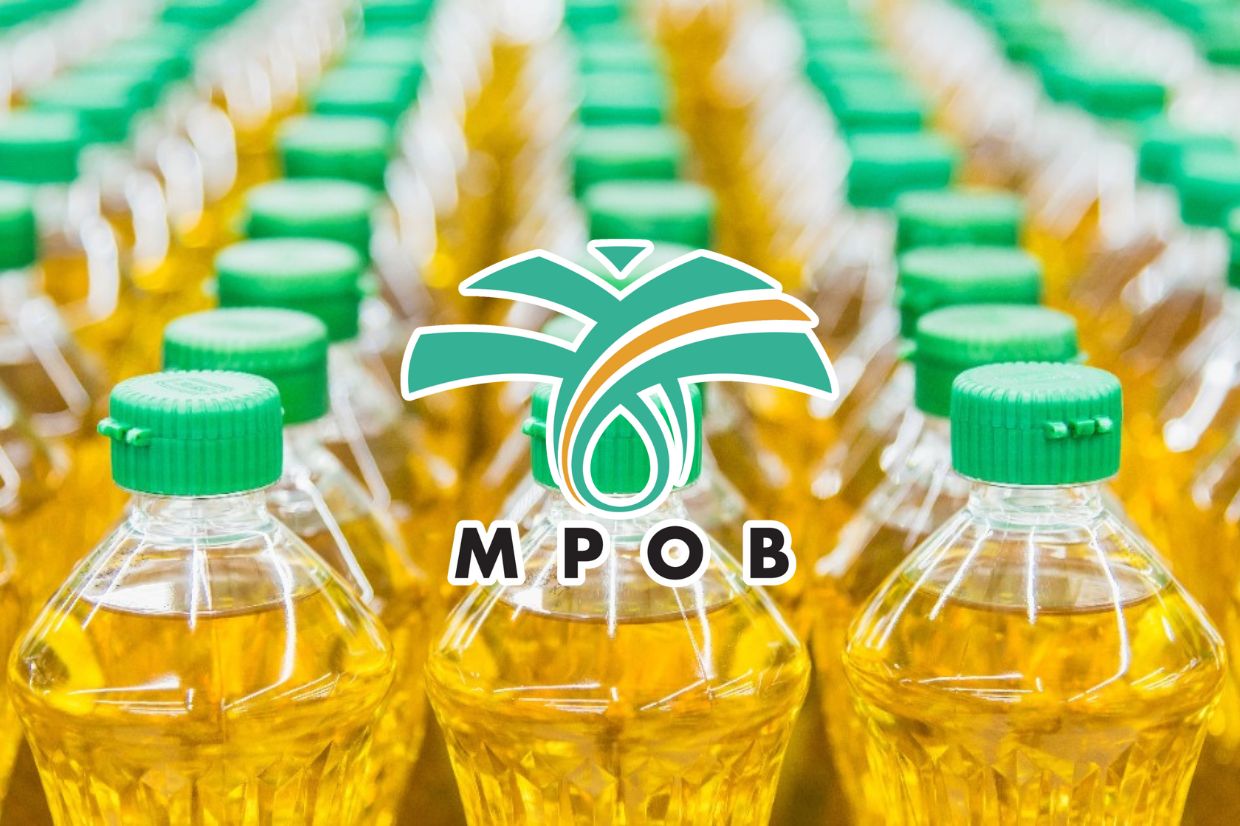14/11/2023 (Malaysia) - Malaysia, through its Malaysian Palm Oil Board (MPOB), is actively increasing its research and development (R&D) activities. The goal is to further develop value-added palm oil-based products for the Chinese market and export to other Islamic nations.
Deputy Prime Minister and Minister of Plantation Industries and Commodities, Datuk Seri Fadillah Yusof, emphasized the successful commercialization of several products in China. These achievements are a result of efforts by MPOB's Oil Palm Research and Technical Services Institute (PORTSIM). "We are satisfied with the results so far and are looking to expand the production of products suitable for the Chinese market and tastes, developed by PORTSIM," Fadillah stated during his visit to PORTSIM in Shanghai.
Fadillah highlighted a shift in Chinese companies, now favoring palm oil recognized as halal, to cater to a larger market demand, including the global Islamic market. Additionally, PORTSIM is exploring health products based on versatile plant compounds, specifically tocotrienols.
The Deputy Prime Minister also mentioned upcoming discussions with China's agriculture minister to align Malaysia's Sustainable Palm Oil (MSPO) certification standards with Chinese agricultural products.
Established in 2005, PORTSIM, a branch of MPOB in China, aims to develop, expand, and enhance the Malaysian palm oil market in China. It also provides technical support and advisory services to related industries.
Fadillah's visit to China from November 12-19 marks his first official tour to reinforce research, development, and capacity building in commodities, especially promoting MSPO certification globally.
In 2022, Malaysia's palm-based product exports to China reached RM16.41 billion, with palm oil exports alone accounting for RM8.44 billion.
Yoong Jun Hao, General Manager of PORTSIM, noted that the institute received accreditation from China's National Accreditation Services (CNAS) and China Inspection Body and Laboratory Mandatory Approval (CMA). "This recognition affirms our lab's adherence to Chinese standards and quality requirements," Yoong stated.
Yoong also highlighted PORTSIM's role in aiding industries to enter high-value-added market segments in China through R&D and commercialization activities. He mentioned PORTSIM's annual development of three to eight new products, including a vegan meat alternative made entirely from palm oil, mimicking real meat's texture and pattern. "We foresee a growing vegan market, particularly in China and Europe, making this product highly potential," he added.



